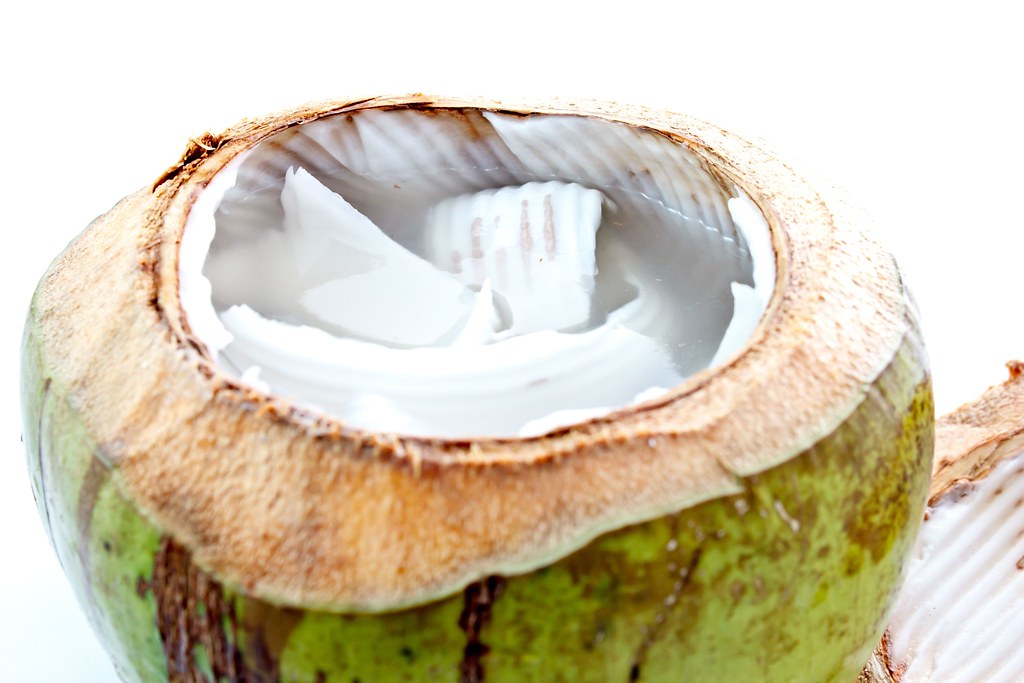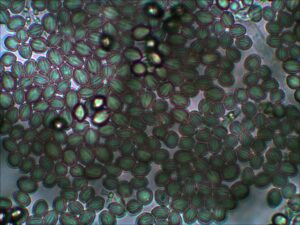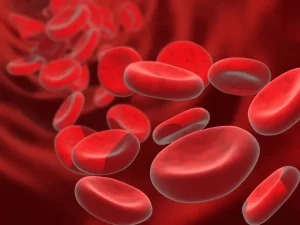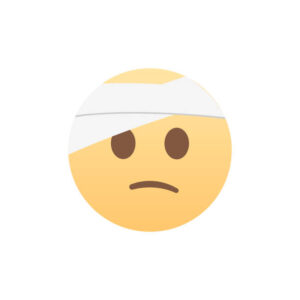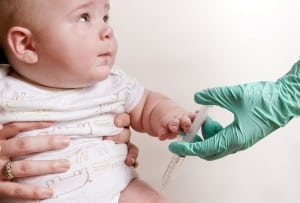Oral Rehydration Therapy (ORT) is used for replenishing fluids and electrolytes in dehydrated patients. There are many different ways to receive rehydration therapy, including via nasogastric tube or intravenously in the hospital However, there are many oral rehydration solutions (ORS) that you can use at home.
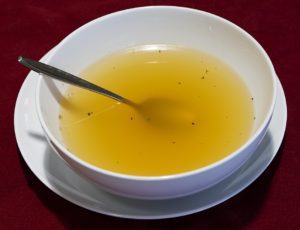 Oral Rehydration Solutions
Oral Rehydration Solutions
- ORS packets (available at most health stores/pharmacies), added to water only
- Pedialyte or Infalyte
- Mixture coconut water and salt (1/4 tsp salt per 1 cup coconut water)
- Chicken broth
- Gatorade (only for school-aged children)
Bottle-fed babies can have ORS in their bottles. You can also spoon-feed or syringe feed small amounts of these solutions to your infant. Try 1-2 tsp (10-15 mL) every 5 minutes. Exclusively breastfed babies are less likely to develop severe diarrhea. However, if your child is losing fluid due to diarrhea or vomiting, you can decrease or eliminate breastfeeding until your child recovers. You can continue breastfeeding, though you may supplement with electrolyte solution if you think your child is too dehydrated.
For children over one, do not give them milk while they are vomiting and/or having diarrhea. Milk can be an inflammatory food and may make their illness worse instead of better. You can start giving them milk 1-2 days after they begin to improve.
High sugar drinks can also worsen vomiting and diarrhea. Sugar can be useful in electrolyte solutions, however, too much sugar is never a good thing. For example, one bottle of Gatorade can be useful to sip on, but 3 or 4 bottles in a day may cause your child’s symptoms to worsen.
Dehydration
During bouts of vomiting or diarrhea, we often lose fluid very quickly. In order to avoid dehydration, we need to replenish the fluid and the electrolytes that we are losing. The danger is that when we’re vomiting with diarrhea, we are not thinking about dehydration. However, dehydration is the first thing you should think of.
Toddler’s Diarrhea
Toddlers often develop a condition referred to as toddler’s diarrhea. For children with underdeveloped GI systems, fluids with lots of sugar can loosen stools and cause diarrhea. While this is not ideal, it should not affect their appetite or growth, and it should not cause diarrhea.
Oral Rehydration Fluids
- Water
- Sparkling water
- Ginger ale
- Crushed Ice or Ice Chips
- Popsicles
- Shaved ice
Reintroducing Foods
You can return to formula and/or solids after about 8 hours without vomiting.
If your child has been on an ORS for 12-24 hours and diarrhea and/or vomiting is decreasing, you can start giving your child foods. Start with something that is easy to digest or foods that are bland.
Bland, Easy-to-Digest Foods
- The BRAT diet (Bananas, Rice, Applesauce, and Toast)
- Pears
- Flavored gelatin (Jell-O)
- Crackers
- Bread
- Cereal
- Rice
When to Call Your Provider
- Your infant under 12 weeks old vomits more than 2 times in a 24-hour period (not including spit up)
- Your child is vomiting five separate times a day
- They are vomiting green bile
- Your child is having over 10 watery stools per day associated with diarrhea
- Your child has blood in their stool
When to Go to the ER
- Your child is severely lethargic
- Your child is severely dehydrated
- They appear very pale
- Your infant under 1 month has a fever over 100.7 deg F
- Your older child has a fever over 103.5 deg F and isn’t responding to fever reducers (i.e. Tylenol or Motrin)
When to Call 911
- Your child is not waking up
- They are not moving or are too weak to stand
- You think your child is experiencing a life-threatening emergency
For questions or comments, respond to this page or contact us.

